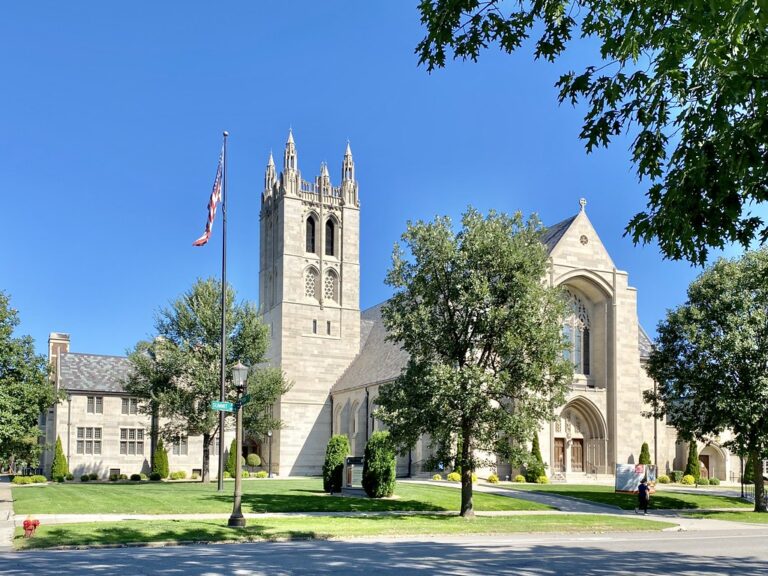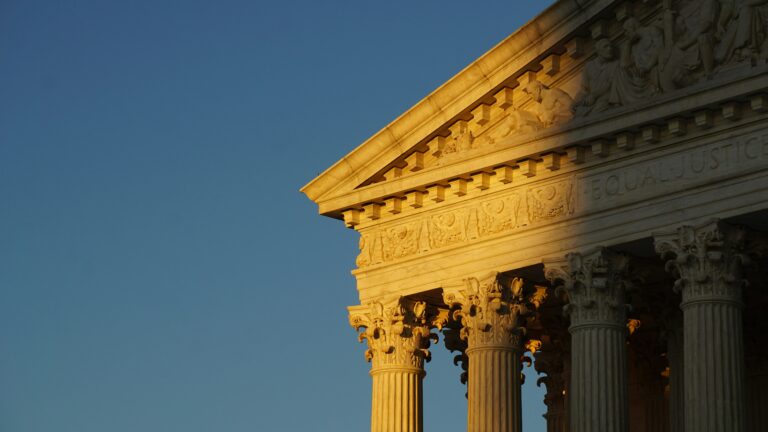Maddy Joseph is a 2018 graduate of Harvard Law School.
After the Supreme Court announced in Janus that the First Amendment prohibits mandatory agency fees in the public sector, plaintiffs supported by right-to-work groups flooded the courts with related claims. At the time, we feared that these plaintiffs, aided by an increasingly sympathetic judiciary, would succeed in draining union coffers and weakening labor laws.
But the courts have for the most part rebuffed these initial attempts to “weaponize” Janus. This post discusses the three major categories of post-Janus litigation. Challenges to mandatory fees in a different context, state bar associations, are the only suits that have met with any success. In the labor context, claims that exclusive representation is unconstitutional have gone nowhere. And courts have rejected attempts to claw back agency fees or membership dues paid before Janus.
Mandatory bar dues
The Supreme Court has historically treated compulsory bar dues the same as agency fees. Keller v. State Bar of California, tracking the rule from Abood, held that a bar may charge mandatory dues to fund activities “germane” to regulating the legal profession or improving the quality of legal services. So when Janus dispatched with Abood, mandatory bars faced renewed First Amendment challenges.
These have gotten some traction, notwithstanding the courts’ recognition that Janus did not overrule Keller. Based on that precedent, the Sixth, Seventh, Eighth, Ninth, and Tenth Circuits have disposed of claims that bar dues are unconstitutionally compelled speech. But two circuits have allowed plaintiffs to pursue free association claims against bars that engage in nongermane activities. And the Fifth Circuit recently ruled that the Texas bar’s mandatory membership rule violated not the right to free speech but the right to freely associate. That court’s reasoning doesn’t directly threaten unions, but a robust view of associational rights and a weak view of state interests indirectly threatens various progressive regulations.
It’s too early to tell what will come of these attacks on bar associations. The Supreme Court turned down a vehicle for overruling Keller last year, though Justices Thomas and Gorsuch wrote to say they would have taken the case. The free association cases might not arrive for some time, given their current procedural postures.
Exclusive representation
Janus was about agency fees, but the majority also attacked exclusive representation, as a “significant impingement on associational freedoms that would not be tolerated in other contexts.” As Ben previously discussed, union opponents seized on that language to argue that Janus had upset Minnesota State Board for Community Colleges v. Knight, which blessed exclusive bargaining regimes.
The principle of exclusive representation is safe for now. Since Janus, all eight circuits to have resolved challenges to the constitutionality of exclusive representation have held that Knight remains good law. (See opinions from the First, Third, Fourth, Sixth, Seventh, Eighth, Ninth, and Tenth Circuits.) Indeed, most have read Janus to reaffirm the propriety of exclusive representation by acknowledging that states may “require that a union serve as exclusive bargaining agent for its employees” and by vowing that states can “keep their labor-relations systems exactly as they are” (minus agency fees). Only the Sixth Circuit, in a decision authored by Judge Thapar, has relied on Justice Alito’s language to opine that “Knight’s reasoning conflicts with the reasoning in Janus.” And the Supreme Court declined to review the Sixth Circuit case, as well as the four other cases that produced petitions.
Refund suits
Leading up to and immediately after Janus, numerous public-sector employees sued their unions seeking refunds of already-paid agency fees or membership dues. They claimed that the unions were retroactively liable under § 1983 for accepting the payments. Some of these suits were brought as class actions and chased millions of dollars.
Unions have prevailed in all of the refund cases that have reached the courts of appeals, and the Supreme Court has so far declined to grant any request for further review.
Agency fees
Seven circuits (the First, Second, Third, Fourth, Sixth, Seventh, and Ninth) have concluded that unions are entitled to good faith immunity from claims to recover agency fees paid before Janus. (The Eighth may be next.) Long before Janus, the Supreme Court suggested that private parties who relied in good faith on state laws may not be held liable for damages under § 1983. Taking the hint, most circuits have by now formally recognized this affirmative defense. And, as Erwin Chemerinsky and Catherine Fisk have argued, “it is hard to imagine a stronger case for good faith immunity” than the unions’: They accepted funds collected under statutes that were at the time obviously constitutional.
Membership dues
Former union members have fared no better in their attempts to reclaim dues collected between Janus and the expiration of the payment periods they had committed to in their dues-authorization agreements. As they read Janus,money may never be collected from an employee, union member or not, unless he clearly waives his right not to support the union. Dues-authorization agreements signed before Janus, these plaintiffs claim, flunk that test and are therefore retroactively invalid.
Four circuits (the Third, Seventh, Ninth, and Tenth) have rejected this distorted take on Janus. As those courts have explained, there is no general First Amendment right to disregard a contract (such as a dues-authorization agreement) that was valid when it was signed. And Janus did not change that. It held, of course, that government employers and unions may not collect payments from nonmembers who do not clearly waive their Janus rights. But itsaid nothing about members who affirmatively agree to subsidize their unions. Alongside these problems, there are potential others, including mootness issues and questions about whether a union’s acceptance of dues is state action at all.
The Supreme Court already denied cert in the Ninth Circuit case, Belgau v. Inslee. Though the Court called for responses (CFR’d) to three other pending petitions in late July, that probably doesn’t portend a grant. The Court CFR’d in Belgau too, and it only takes one Justice to CFR.
We may start hearing about suits raising related arguments about Janus’s waiver standard. In the wake of Janus, several states enacted statutes limiting the windows during which members can back out of their dues-authorization agreements. The initial wave of former-member plaintiffs weren’t affected by these laws and so couldn’t challenge them. But members who sought to renege on their agreements more recently won’t face the same procedural barriers.
So far, the worst fears about Janus’s impact on unions haven’t been realized. Though the challenges to mandatory state bars sparked by Janus have made some headway, courts have emphatically rejected Janus-inspired legal theories advanced against unions. The judicial consensus is that Janus did not call into question the constitutionality of exclusive representation, and unions have not been held not liable for agency fees or membership dues collected before Janus.
* I served as a law clerk to Justice Kagan in the 2020 Term. The views expressed here are my own, and the discussion is based only on publicly available information.










Daily News & Commentary
Start your day with our roundup of the latest labor developments. See all
December 15
Advocating a private right of action for the NLRA, 11th Circuit criticizes McDonnell Douglas, Congress considers amending WARN Act.
December 12
OH vetoes bill weakening child labor protections; UT repeals public-sector bargaining ban; SCOTUS takes up case on post-arbitration award jurisdiction
December 11
House forces a vote on the “Protect America’s Workforce Act;” arguments on Trump’s executive order nullifying collective bargaining rights; and Penn State file a petition to form a union.
December 8
Private payrolls fall; NYC Council overrides mayoral veto on pay data; workers sue Starbucks.
December 7
Philadelphia transit workers indicate that a strike is imminent; a federal judge temporarily blocks State Department layoffs; and Virginia lawmakers consider legislation to repeal the state’s “right to work” law.
December 5
Netflix set to acquire Warner Bros., Gen Z men are the most pro-union generation in history, and lawmakers introduce the “No Robot Bosses Act.”